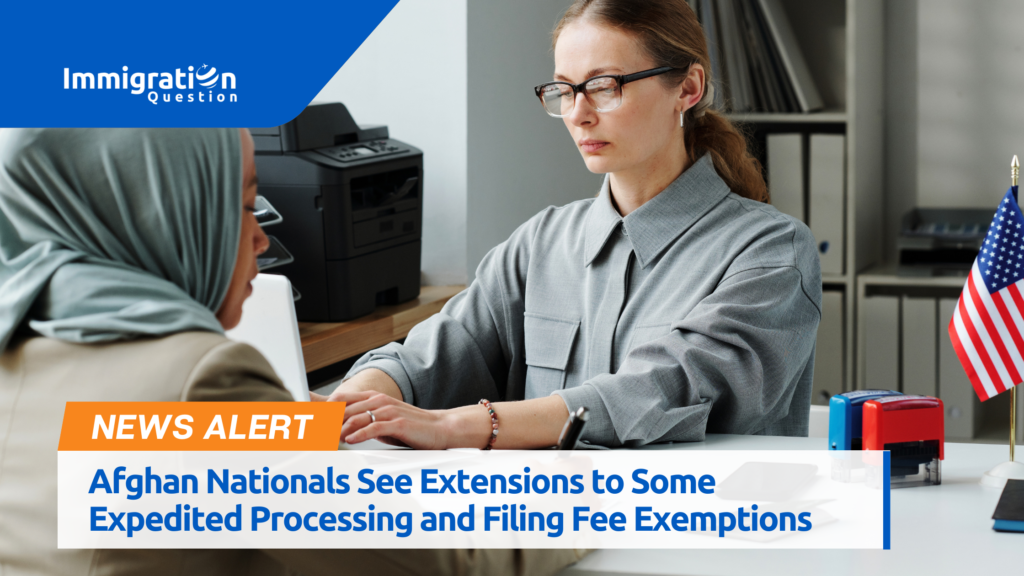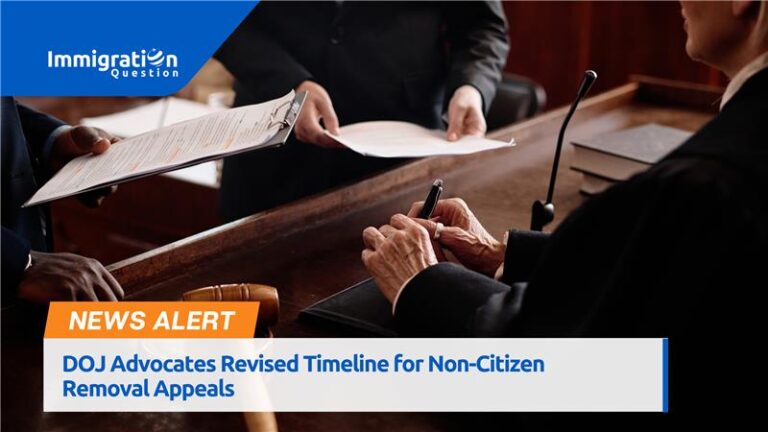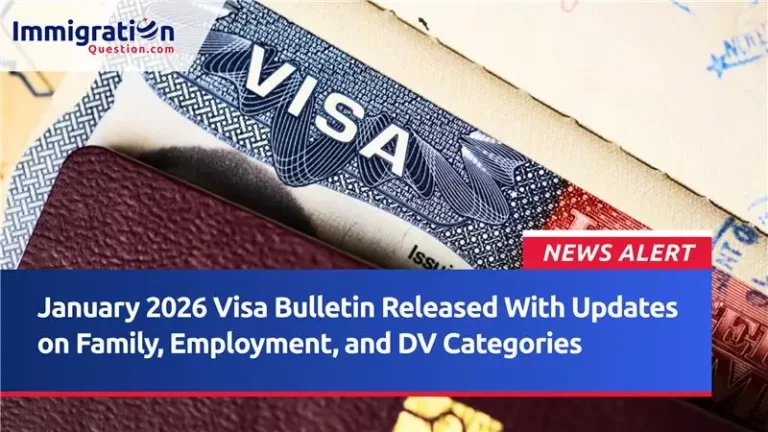The U.S Citizenship and Immigration Services (USCIS), in a continued effort to support Afghan nationals who have fled their homeland, has announced a major policy update extending several expedited processing and filing fee exemptions for Afghan nationals. This extension applies especially to those who arrived after July 30, 2021, under humanitarian parole or other special statuses.
These new measures aim to facilitate the resettlement and integration of Afghan refugees into American society. It would offer these individuals more time to adjust their status, seek employment authorization, and reunite with their families while they navigate complex immigration pathways.
Important Provisions of the USCIS Update
According to the USCIS announcement, the extensions focus on several key immigration forms, including:
- Form I-131 (Application for Travel Document): Afghan nationals applying for re-parole or renewing employment authorization documents (EADs) can now take advantage of expedited processing until January 31, 2025. Filing fees for this form are also waived for qualifying applicants. Read here
- Form I-130 (Petition for Alien Relative): Expedited processing and fee waivers for Afghan nationals applying on behalf of family members with immediately available immigrant visas have been extended until September 30, 2025. This is particularly beneficial for Afghans seeking to reunite with immediate relatives still in Afghanistan or elsewhere.
- Form I-485 (Application to Register Permanent Residence or Adjust Status): Afghan nationals under special immigrant classification or asylum-based status will benefit from expedited processing through September 30, 2025. The filing fees for this form, which can amount to several hundred dollars, have been permanently waived for those in special immigrant categories.
- Form I-765 (Application for Employment Authorization): Afghan nationals seeking initial or replacement EADs can continue to apply without filing fees until September 30, 2024. This is crucial for many Afghans who arrived on parole and need work authorization to support themselves and their families.
- Form I-601 (Application for Waiver of Grounds of Inadmissibility): Fee waivers for Afghans applying for waivers of inadmissibility are available until September 30, 2024. This form is essential for those who face challenges in their immigration history and seek to overcome barriers to lawful permanent residency.
Impact of the Extensions
These new policy extensions have significant implications for Afghan nationals. It offers them not only financial relief but also the opportunity to stabilize their immigration status in the U.S. without the immediate pressure of high filing fees. For many, the costs associated with filing immigration forms can be prohibitive, especially for those still struggling to recover from the trauma of fleeing Afghanistan and resettling in the U.S.
Financial Relief
The elimination of filing fees for key immigration forms such as the I-130 and I-485 is a critical lifeline for Afghan nationals, many of whom arrived in the U.S. with little more than the clothes on their backs. Filing fees for these forms can range from $400 to over $1,200 per application, making it difficult for low-income applicants to afford the cost of adjusting their immigration status. For example, the fee waiver for Form I-485 (Application to Adjust Status), which has been permanently waived for Afghan special immigrants, removes a significant barrier for many applicants.
This financial relief is part of a broader effort by the U.S. government to provide humanitarian assistance to Afghan nationals who were displaced by the U.S. withdrawal from Afghanistan in 2021. Many of these individuals played a critical role in assisting U.S. forces during the two-decade conflict, and the U.S. government has recognized its obligation to provide them with a safe haven and a path to permanent residency.
Expedited Processing for Timely Immigration Outcomes
In addition to financial relief, the extension of expedited processing times will help Afghan nationals resolve their immigration cases more quickly. This is particularly important for those seeking family reunification or who are waiting for employment authorization documents (EADs) to be approved. The standard processing times for many of these forms can be several months, if not longer, leading to uncertainty and financial instability for Afghan nationals in the U.S.
With expedited processing, many Afghan nationals will be able to receive decisions on their immigration applications within weeks, rather than months. This will allow them to focus on rebuilding their lives in the U.S., finding stable employment, and integrating into American society.
Impact on Family Reunification
One of the most important aspects of these policy extensions is the potential for Afghan nationals to reunite with their families. Many Afghan nationals in the U.S. were separated from their families during the chaotic evacuation from Afghanistan, and the prospect of being reunited with loved ones is a source of great hope for these individuals.
The extension of fee waivers and expedited processing for Form I-130 (Petition for Alien Relative) will allow more Afghan nationals to bring their family members to the U.S. without facing prohibitive costs or long wait times. This is especially important for those with immediate relatives still in Afghanistan, where the security situation remains precarious
Stability and Path to Permanent Residency
The fee waivers and expedited processing options also pave the way for Afghan nationals to pursue permanent residency in the U.S. more easily. Many of the Afghans who arrived in the U.S. after July 30, 2021, came under humanitarian parole, which is a temporary status that does not provide a direct path to permanent residency.
With the help of fee waivers and expedited processing for forms like the I-485 (Application to Adjust Status), Afghan nationals can more easily transition to lawful permanent residency (commonly known as a “green card”). This offers them greater security and stability, allowing them to build a future in the U.S. without the fear of deportation or the uncertainty of temporary immigration status. Read here.
The USCIS’s decision to extend expedited processing and filing fee exemptions for Afghan nationals is a critical development in the ongoing effort to support those who were displaced by the U.S. withdrawal from Afghanistan. These policy extensions offer Afghan nationals much-needed financial relief, faster immigration outcomes, and greater stability as they work toward rebuilding their lives in the U.S.
Key Takeaway
This update will benefit certain Afghan nationals who have faced numerous hurdles since the U.S. withdrawal from Afghanistan in 2021. The expedited processing and fee waivers provide significant relief, enabling Afghan nationals to remain legally in the United States and continue the path toward permanent residency.
They also will mark a significant step forward in ensuring that Afghan nationals in the U.S. can navigate the complex immigration system with greater ease and clarity. As the deadline for some of these policies approaches in 2025, it will be important for Afghan nationals to stay informed about their options and take advantage of the resources available to them.










